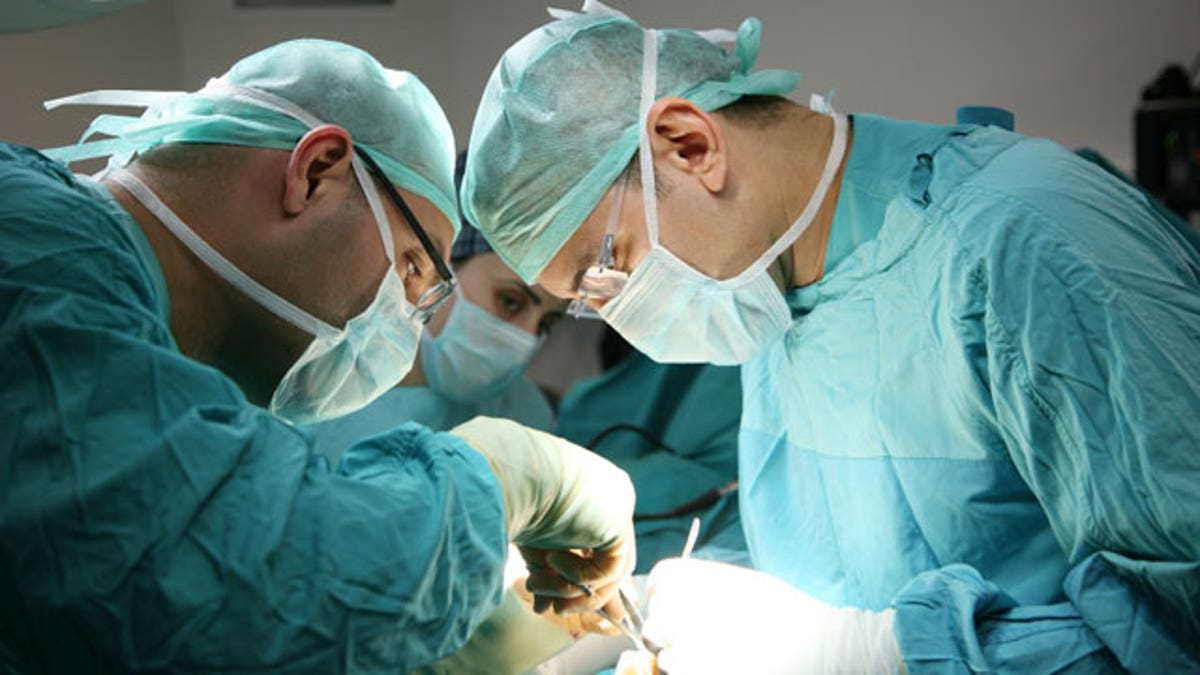
(iStock)
The U.S. Food and Drug Administration approved a tissue container bag for use in certain laparoscopic procedures along with power morcellators, that have been linked to the spread of cancer in women.
Power morcellators are devices used in gynecological procedures like hysterectomy where the uterus or the uterine fibroids are cut into smaller pieces and extracted through small incisions.
The tissue container bag, PneumoLiner, developed by privately held Advanced Surgical Concepts Ltd, is then inserted into the abdomen and the tissues removed during the procedure are placed into it.
The FDA estimates that about 1 in 350 women who undergo surgical procedures for fibroids is found to have an unsuspected uterine cancer.
If morcellation is performed on these women, there is a risk that it will spread the cancerous tissue within the abdomen and worsen the patient's likelihood of long-term survival, the FDA said in a statement. (http://1.usa.gov/1qa18Ci)
The health regulator, in 2014, had warned against using these morcellators for surgical purposes as they flagged serious risks such as the spread of cancer.
Johnson & Johnson immediately suspended the worldwide sales of its morcellator after the FDA imposed the warning.
The FDA said on Thursday that the PneumoLiner's label should contain a boxed warning stating that the use of these container bags does not reduce the risk of cancer that might spread through using the power morcellators.
Boxed warning is issued by the FDA to flag serious risks associated with using a drug or a device.
Uterine fibroids are non-cancerous growths that originate from the smooth muscle tissue in the wall of the uterus. Laparoscopic power morcellation is one of several available treatments for fibroids.




















